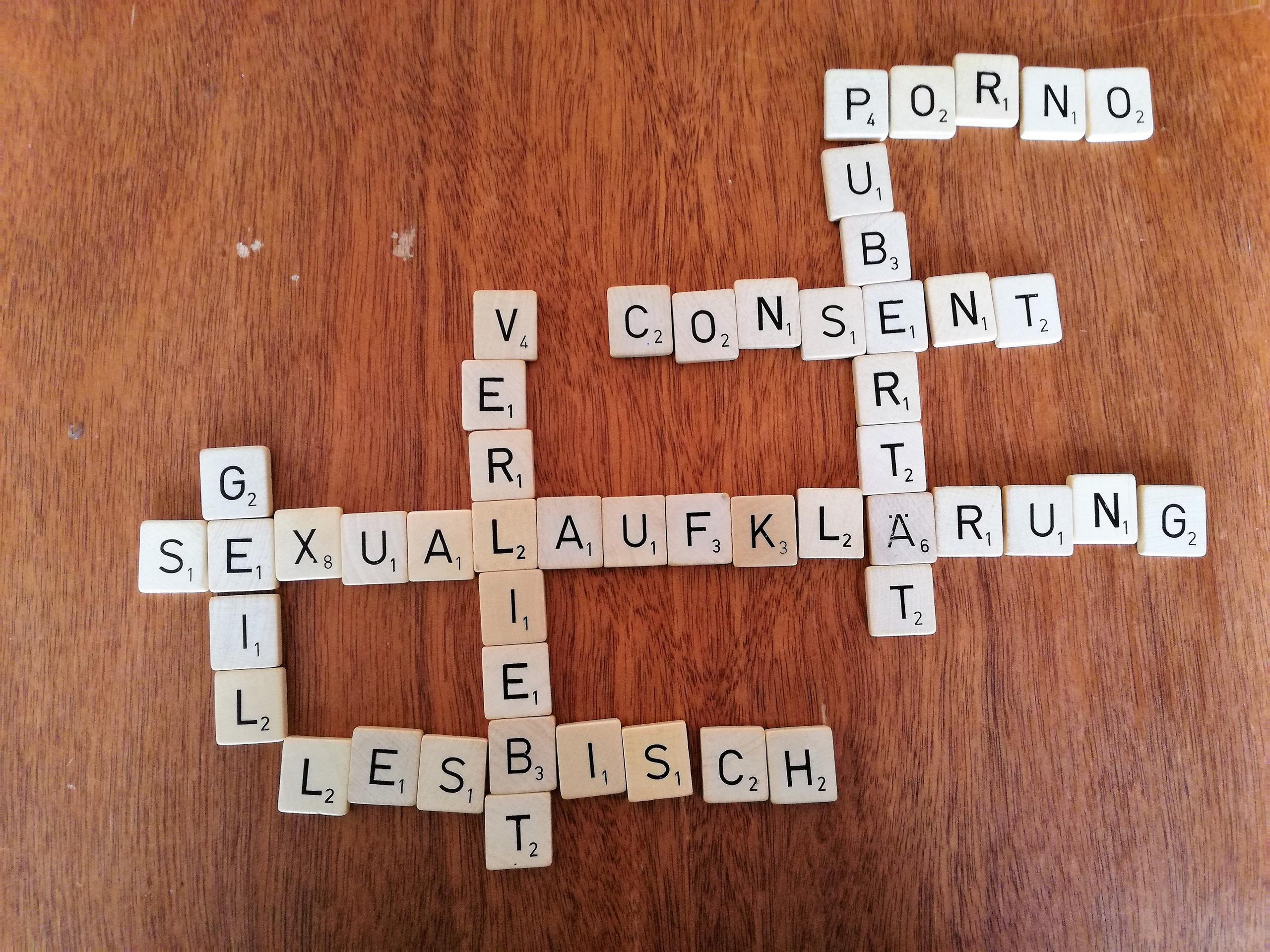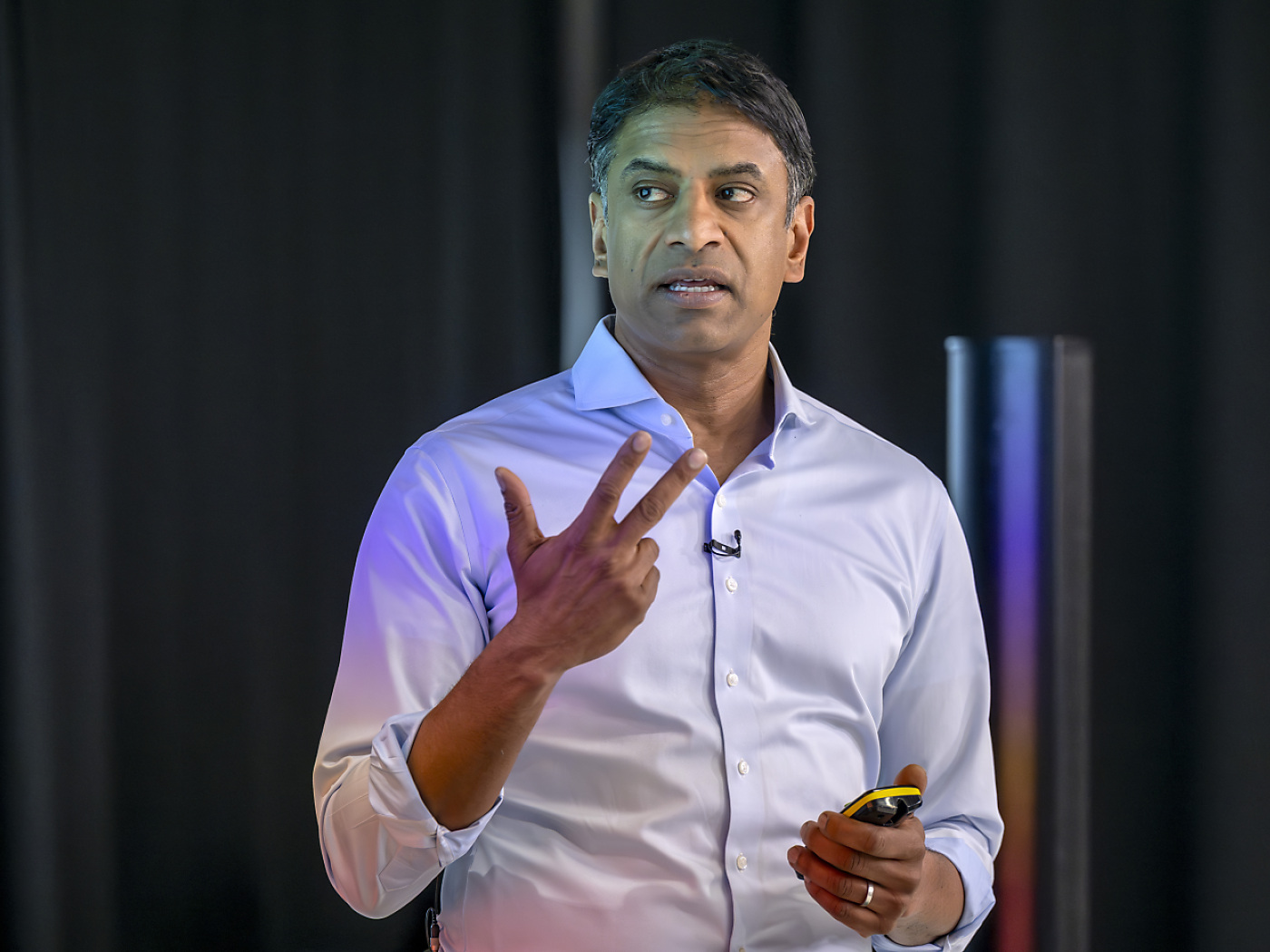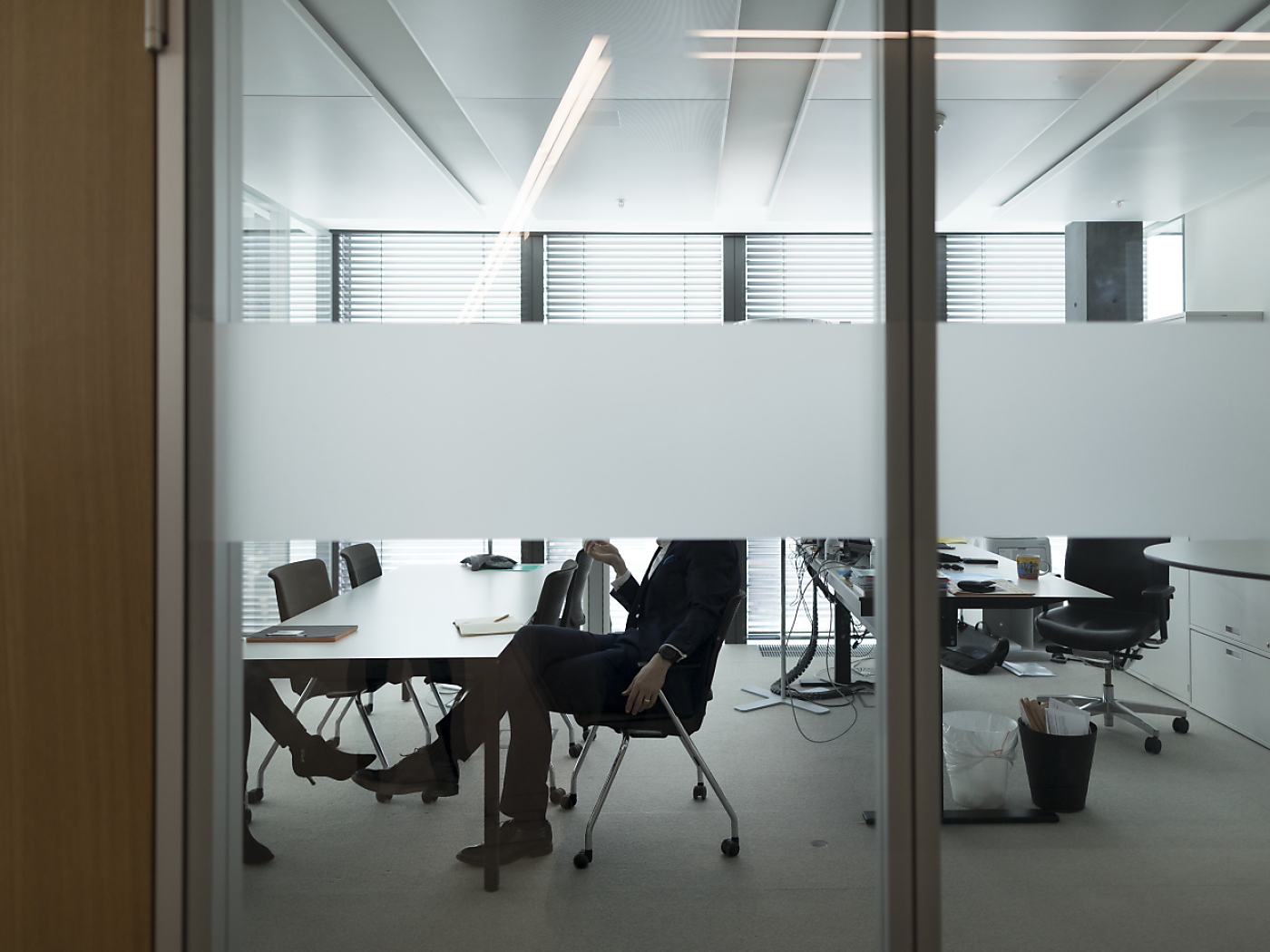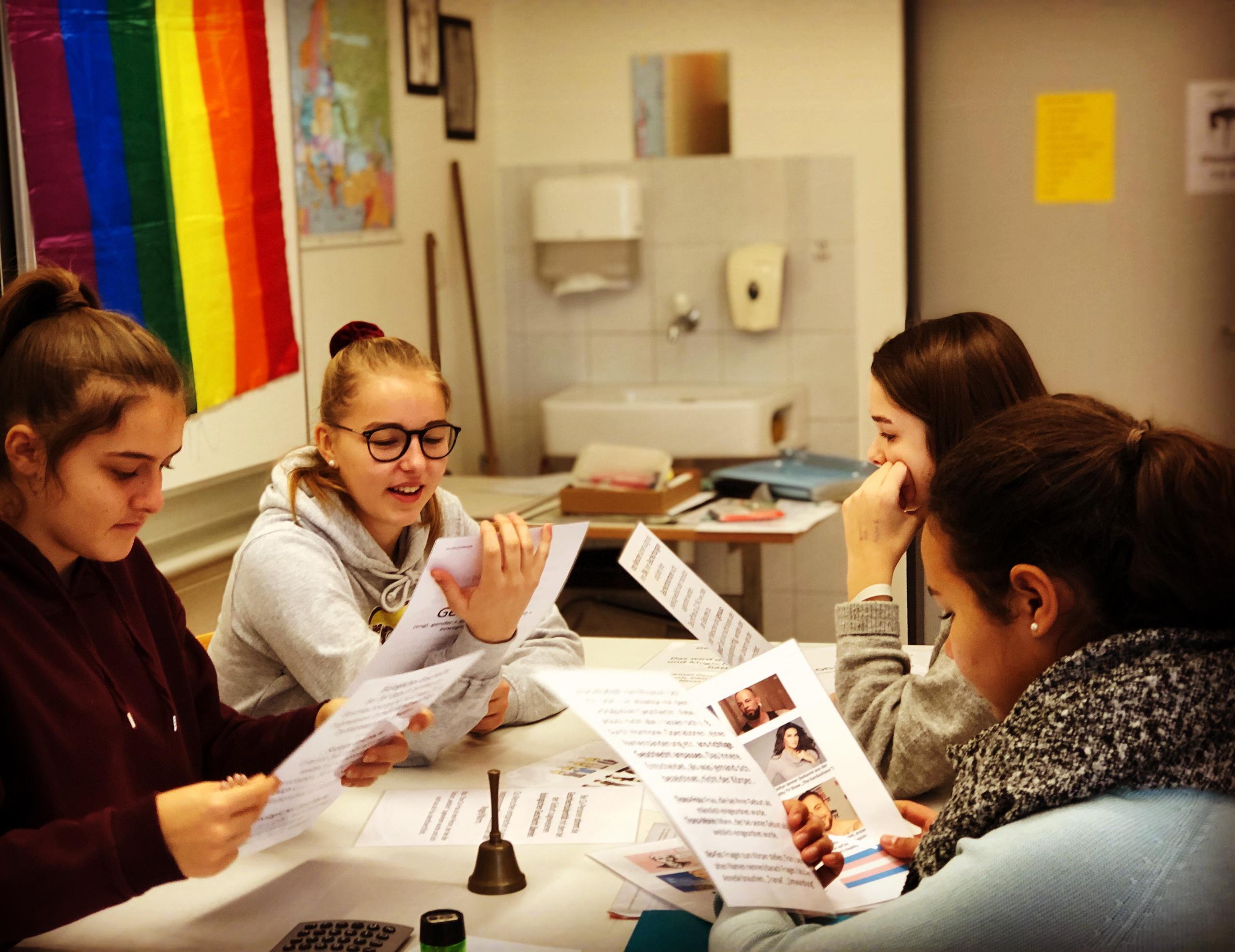Website puts sex education on school agenda

An information platform has been launched to encourage schools in Switzerland to take a more complete approach to sex education, including topics like relationships and gender issues.
The websiteExternal link (in German, French and Italian), which went live on Tuesday, has been set up by Sexual Health SwitzerlandExternal link, an umbrella organisation for those working in sex education and health, which supports access to sexual rights.
“Children and young people have a right to sex education, but it’s organised in a very diverse way in Switzerland,” the organisation’s Annelies Steiner told swissinfo.ch.
Cantonal differences
Cantons are in charge of educational matters in Switzerland, which means each has its own concept for sex education and there is no national approach. So in some cantons, a child will get a broad sex education, but in others it may be down to the teachers and might be focused on topics such as the risks associated with sexuality, Steiner explained.
“We are campaigning for sex education to be understood in a comprehensive way, that there’s a positive approach and that all aspects of sexuality are discussed, not just HIV, sexually transmitted infections and unplanned pregnancies, but also relationships, emotions and social media,” she added.
The platform gives teaching staff and schools access to information, resources and advice for sex education and provides an overview of how it is taught across the country.
Experts or teachers?
There are big differences between the regions: in the French-speaking part, external experts visit schools, across the primary and secondary levels, to explain the facts of life and related topics, and the teachers are not really involved.
In the German-speaking part, although there has been some harmonisation in the new curriculum Lehrplan 21, there are still variations. Sex education is mostly the task of the teachers, although in some cantons, like Bern and Zurich, staff can call on external centres for advice beforehand or for support during the lessons.
In Italian-speaking Switzerland, it is different again; it’s mostly the teachers doing the explaining, but they can get coaching from external experts.
“Sex education has a long tradition in the French-speaking part, so there is hardly any resistance from parents,” Steiner explained. “In the German-speaking part, people are more sceptical about sex education, and every so often there are political movements, usually from parents, afraid that the state is intervening too much in what should be a family topic.”
Resistance
These initiatives do not always get through. A 2015 people’s initiative calling for sex education to be banned from primary schools, where organisers argued that these lessons were leading to the early sexualisation of young children, did not come to a national vote due to a lack of support.
+ Read more about what happened to this initiative here
Last year case the European Court of Human Rights rejected a Basel family’s application that their child should not attend sex education classes in primary school. The case prompted an emotional debate about sex education in schools.
+ More details on the case and its effects for Switzerland here
Sexual Health Switzerland bases its approach on the World Health Organization Europe’s standardsExternal link for sex education. Last year the Federal Council, Switzerland’s governing body, stated its support for these standards, although they are not legally binding in Switzerland. Steiner said many of the WHO Europe’s concepts were now included in Swiss sex education lessons.

More
Clean bill of health for Swiss sex-ed system

In compliance with the JTI standards
More: SWI swissinfo.ch certified by the Journalism Trust Initiative























You can find an overview of ongoing debates with our journalists here . Please join us!
If you want to start a conversation about a topic raised in this article or want to report factual errors, email us at english@swissinfo.ch.